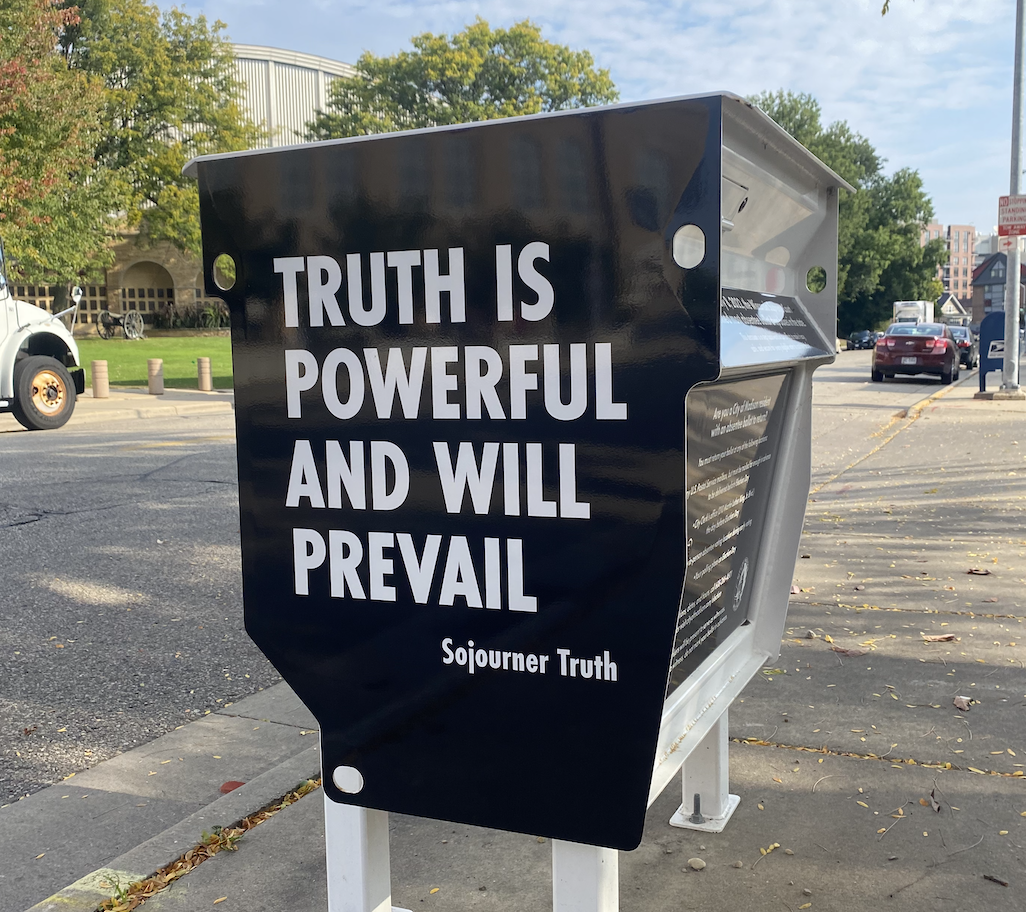A friend of mine almost missed her Kaplan LSAT class. Needless to say, she was pissed.
How many of you cursed when you woke up this past Sunday, only to find an hour of your day strangely missing? My guess is that my friend and I weren’t the only ones.
As you are all no doubt well aware by this point, it’s time to “spring forward” as the United States enters Daylight Savings Time once again. First established in the United States shortly after World War I, DST has become engrained into the American (and, perhaps on a grander scale, even the human) consciousness. But need this be so? A law’s presence in the books for roughly a century does not necessarily make it any more or less justified — just old. DST is a decrepit law whose intended purpose is muddled with ambiguity. Its perceived benefits are outweighed by the tangible costs it creates.
If tradition alone is no reason to continue enforcing unnecessary laws, then the time has come to re-examine the federal government’s undue intrusion into our sleep schedules.
Historical arguments in favor of DST generally rest upon a few now-faulty premises. One is the supposed benefit DST would provide in relation to farmers, giving them an extra hour of sunlight with which to work. Nevertheless, farm animals might be more libertarian than science would have us believe, refusing to acquiesce to the government’s artificial manipulation of our clocks as they continue to go by their own, natural schedule. Because of this, those in agriculture have long been opposed to DST, as it needlessly complicates their business.
Another argument commonly used is that it helps businesses. By giving consumers an extra hour of sunlight after work, they can use the sunny weather to go shopping. While there may be slight benefits from delaying sunset an hour, this rationale alone is not reason enough to justify such intrusion.
The primary argument, however, and the most convincing for the time in which the law was enacted, was that of energy conservation. Give people an extra hour of sunlight after they get home from work, and the aggregate savings in energy costs due to unused electricity would be fairly large. At least, it might have been in the ’70s.
Today’s energy problems are vastly more complex, requiring solutions greater than simply subtracting minute percentages of electrical usage. The real culprit in this energy crisis is not simply usage but our addiction to the fossil fuels that have moved the machinery of our civilization forward in the modern era. These, as well as the political realities associated with acquiring these fuels, are far more pervasive problems whose solutions require more than merely saving an hour of daylight. With more and more electrical equipment occupying space in people’s homes whose usage has little to do with the setting and rising of the sun, particularly the widespread growth of air conditioners, such a small amount of energy savings is hardly worth the costs.
And what are these costs? Beyond simply stealing an hour of your sleep for one night, some have argued that DST creates a ‘sleep deficit,’ in fact contributing to an increase in automobile accidents immediately following the “spring forward.” In addition, the costs involved with keeping track of this change are numerous, as well as the fact that individual states can choose to opt out of DST anyway. Indiana suffers from this confusion, with neighboring counties being under different times, hurting the ability for businesses to interact with one another by increasing the costs.
Confusion, at the very least, ought to be reason enough to halt this laughable policy. But sadly, tradition inevitably creates inertia — why change something when it’s “always” been that way. Even though it has not.
The perceived benefits of DST policy are extremely slight at best, non-existent at worst. We may get our hour back in the fall, but it shouldn’t be taken away in the first place. Ironic, then, is the fact that when the government acts to try to save time, it really just ends up wasting it. All too telling, but not very surprising.
Zach Stern ([email protected]) is a senior majoring in political science.







